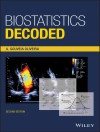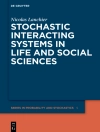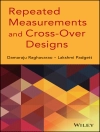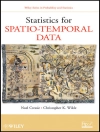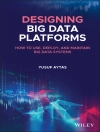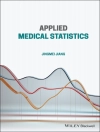This edited volume collects six surveys that present state-of-the-art results on modeling, qualitative analysis, and simulation of active matter, focusing on specific applications in the natural sciences. Following the previously published Active Particles volumes, these chapters are written by leading experts in the field and reflect the diversity of subject matter in theory and applications within an interdisciplinary framework. Topics covered include:
- Variability and heterogeneity in natural swarms
- Multiscale aspects of the dynamics of human crowds
- Mathematical modeling of cell collective motion triggered by self-generated gradients
- Clustering dynamics on graphs
- Random Batch Methods for classical and quantum interacting particle systems
- The consensus-based global optimization algorithm and its recent variants
Mathematicians and other members of the scientific community interested in active matter and its many applications will find this volume to be a timely, authoritative, and valuable resource.
Jadual kandungan
G. Ariel, A. Ayali, A. Be’er, D. Knebel, Variability and Heterogeneity in Natural Swarms: Experiments and Modeling.- M. Bruna, M. Burger, J.-F. Pietschmann, M.-T. Wolfram, Active Crowds.- V. Calvez, M. Demircigil, R. Sublet, Mathematical Modeling of Cell Collective Motion Triggered by Self-Generated Gradients.- K. Craig, N. Garcia Trillos, D. Slepcev, Clustering Dynamics on Graphs: From Spectral Clustering to Mean Shift Through Fokker-Planck Interpolation.- S. Jin, L. Li, Random Batch Methods for Classical and Quantum Interacting Particle Systems and Statistical Samplings.- C. Totzeck, Trends in Consensus-Based Optimization.






